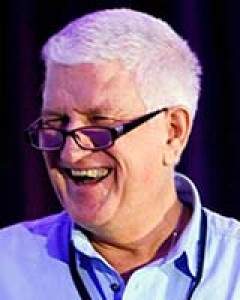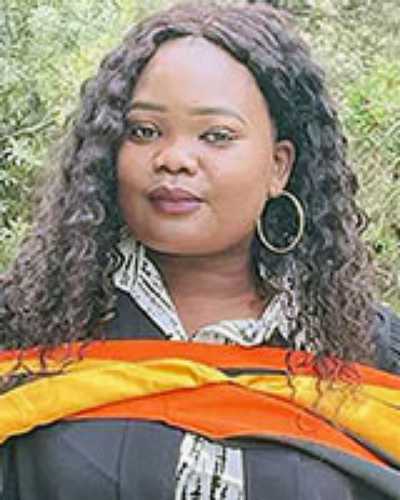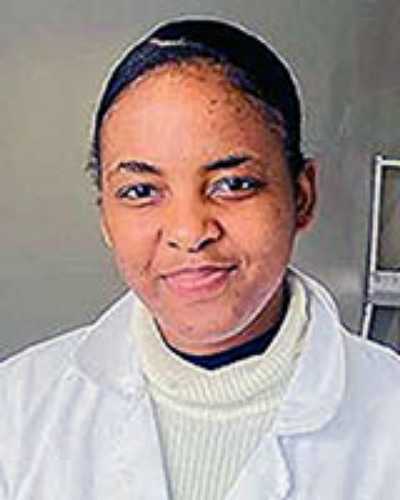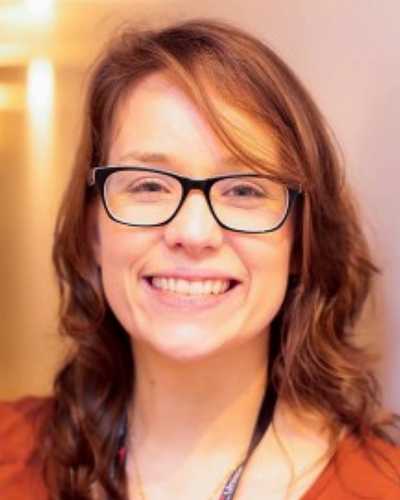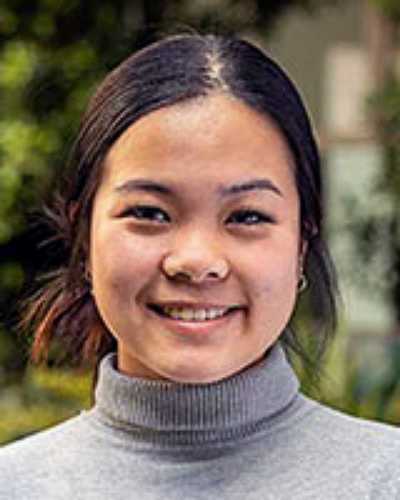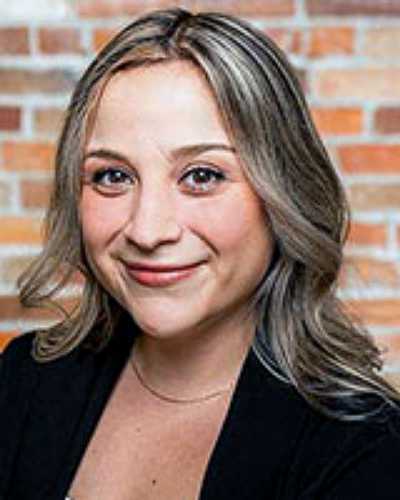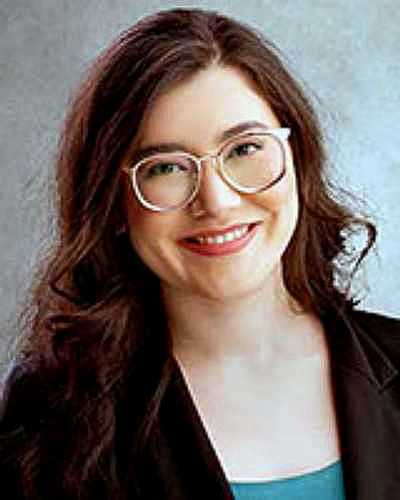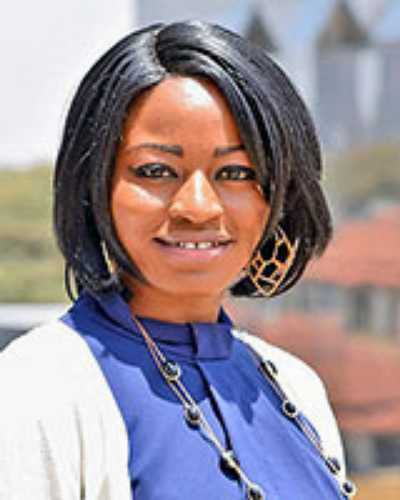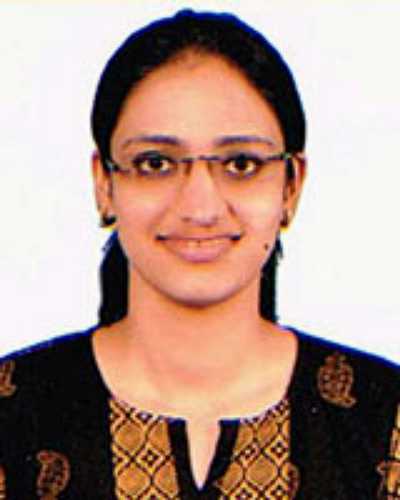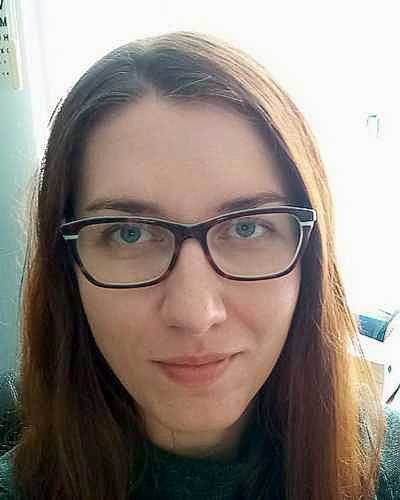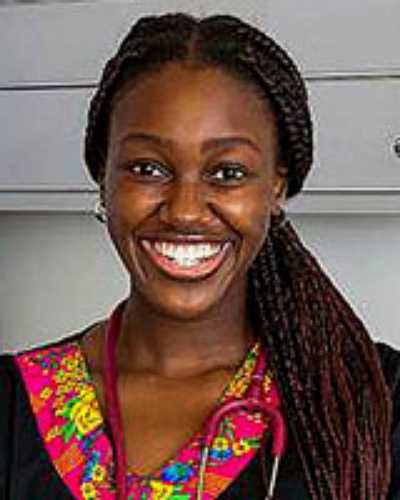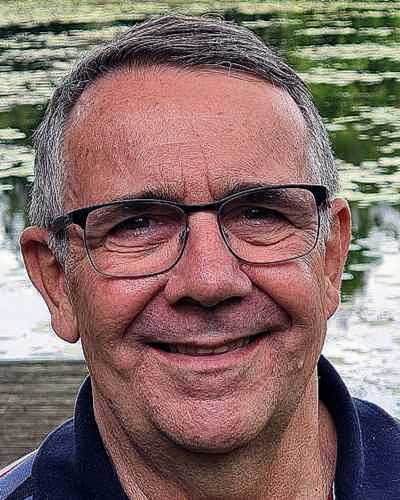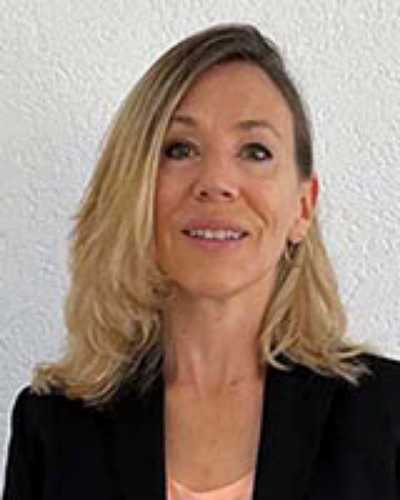Now published, see the full article 
Early Abstract:
Introduction: Rural communities continue to struggle to access quality healthcare services. Even in countries where the majority of the population live in rural and remote areas, resources are concentrated in big cities, and this is continuing. As a result, countries with the highest proportion of rural residents correlate with the poorest access, which has negative implications for the health and well-being of people. Healthcare professionals (HCPs) have been identified as key informants in the construction and implementation of policies aimed at addressing rural health issues. We sought to understand the perspectives of young HCPs, representing the potential future rural workforce, regarding the future of rural healthcare.
Methods: An interpretivist paradigm was adopted for the study. Data were collected in two phases via zoom using semi-structured individual interviews and focus group discussions (FGDs). Participants included selected HCPs who are members of Rural Seeds, which is a global movement for young HCPs. A total of eleven exploratory interviews and six FGDs were conducted. The 11 interviewees consisted of medical doctors and medical students from ten countries classified at different levels of development by the WHO. The six FGDs ranged from three to nine participants, and they included medical doctors and medical students, nurses, or rehabilitation therapists. Participants came from South Asia, Africa, Asia Pacific, North America and Europe, and South America. Both Interviews and FGDs were conducted in English, recorded, and transcribed verbatim. Data were analysed utilising thematic analysis.
Findings: Similar themes were identified across both individual interview and FGDs. The state of rural healthcare was perceived to be problematic by all the participants. Access to care, lack of equity and multiple socioeconomic challenges, particularly in relation to living conditions, human resources, and infrastructure were seen as the most significant issues in rural healthcare. Several ideas for addressing rural health issues, with examples, were proposed by the young HCPs from their perspectives as frontline healthcare providers. They particularly recognised the importance of addressing the local socioeconomic and developmental needs of rural communities and the needs of present and future HCPs.
Conclusions: Young health professionals from across the world interested in a rural career have common concerns about the state of rural health in their countries and constructive insights into how these can be addressed. They suggest effective solutions that must include listening to their voice. T, and this article is a step in that direction.
